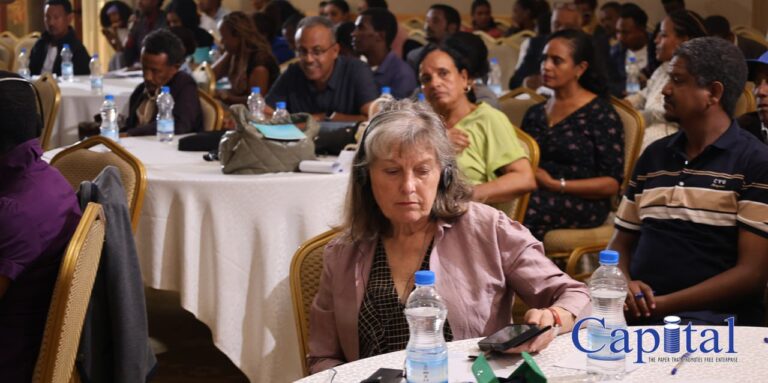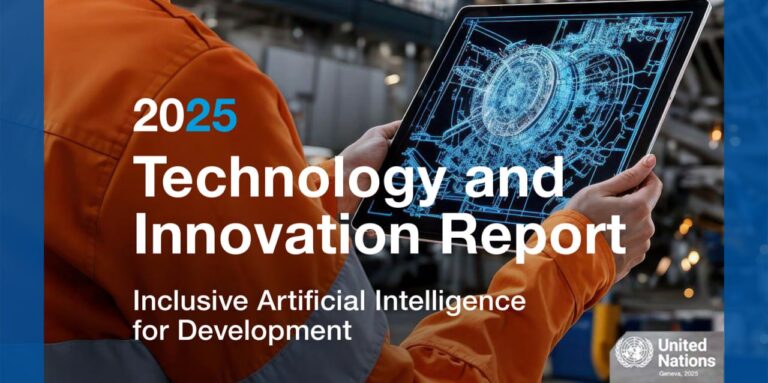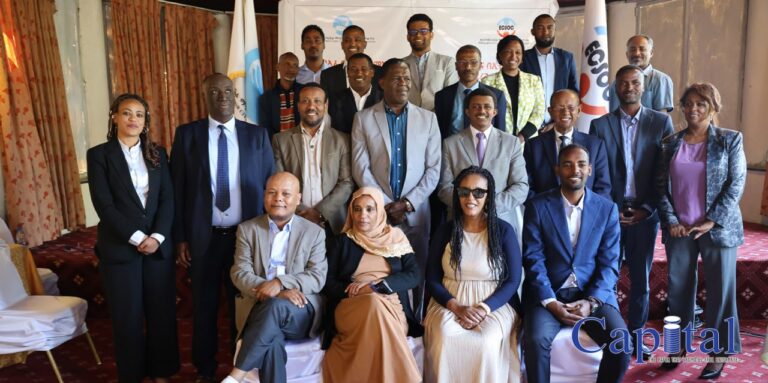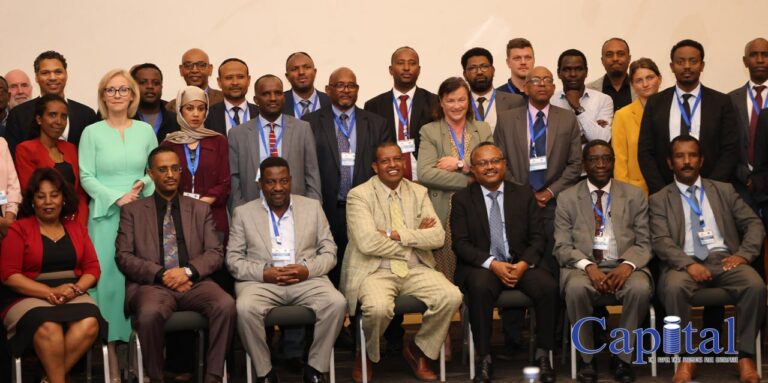A recent study conducted in elementary schools across Ethiopia has revealed a concerning level of literacy skills among students. The study, which assessed 5,840 students from 292 schools in 11 languages, found that 48% of students struggled to distinguish letters, words, and sounds properly. This issue was particularly pronounced in tasks such as first sound variation and letter recognition.
The study highlighted significant weaknesses in specific areas, including name spelling and sound differences. Performance varied between urban and rural children, with urban students generally performing better in all subtasks except language expression. Additionally, differences were observed between language groups, with children from the Afar Oral and Benishangul language groups performing the lowest, while Amharic-speaking children recorded the highest performance.
Despite these challenges, the study noted an improvement in early reading and writing skills compared to previous years. This suggests that ongoing efforts to enhance early childhood education are yielding positive results.
In the Oromia region, there has been a shortage of qualified teachers, leading to concerns about literacy skills among educators themselves. A recent conference highlighted the need for teachers to receive literacy skills training to address this issue. The study also found that many teachers rely on repetitive teaching strategies and require additional training in curriculum use, classroom management, and early reading and writing skills instruction.

The study identified several factors that negatively impact children’s learning outcomes, including low parental involvement, lack of school resources (especially textbooks), inadequate school feeding programs, and water and sanitation issues. Conversely, factors that enhance learning outcomes include teacher motivation, availability of curriculum and teacher guidance, use of lesson plans, participation in professional development, children’s social and emotional competence, and family education standards and living conditions.
To address these challenges, the study recommends providing special support to rural children and underprivileged areas, offering comprehensive professional development training to teachers, improving school resources, strengthening school feeding programs, and increasing community engagement. Investing in early childhood education is critical for preparing children for elementary education and contributing to long-term workforce development.
Ethiopia Reads, a 22-year-old organization, has been instrumental in promoting literacy through its reading services, reaching over 1.5 million students and children. It has worked with the government and other partners to establish libraries in more than 70 primary schools across the country. Ethiopia Reads recently held a conference with the Ministry of Education and other stakeholders to discuss children’s reading development and address teacher shortages.
The findings of this study underscore the need for collaborative efforts to improve literacy skills in Ethiopian primary schools. While progress has been made, significant disparities remain, particularly between urban and rural areas. By focusing on specific areas of improvement and addressing these disparities, Ethiopia can enhance its education system and better prepare its future workforce.
Equipping its young population with foundational literacy skills will be crucial for achieving its economic goals. The government and organizations like Ethiopia Reads must work together to address the challenges in reading and writing skills, ensuring that all children have the opportunity to succeed in school and beyond.








